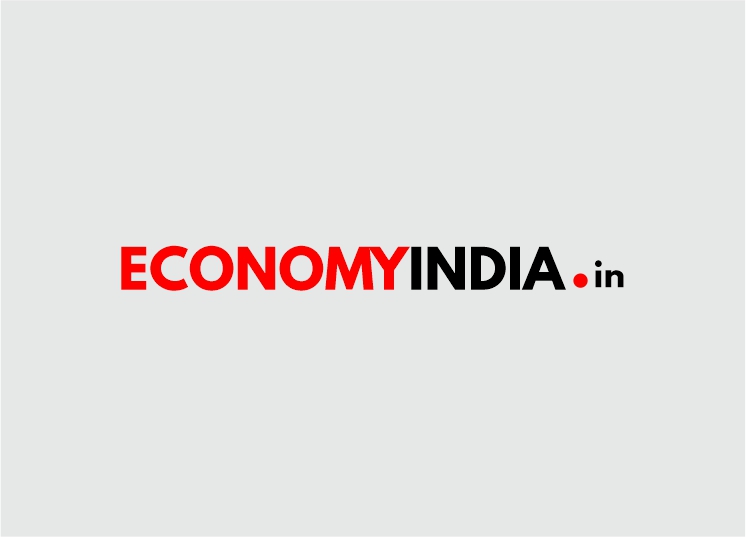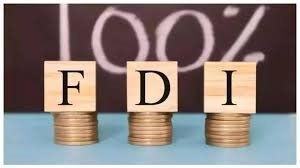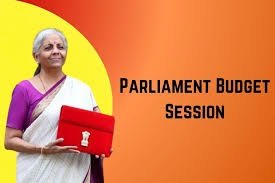BENGALURU: India’s economic recovery from the COVID-19 pandemic likely stumbled again in the first quarter of this year primarily due to Omicron-related restrictions and higher inflation, a Reuters poll showed.
Growth in Asia’s third-largest economy was pencilled in at 4.0% for the January-March quarter from the same period a year ago in a May 23-26 Reuters poll of 46 economists, down from 5.4% in Q4 2021. If realised, that would be the slowest in a year, and a third consecutive quarter of weaker growth.
Rahul Bajoria, chief India economist at Barclays, pointed to the surge in COVID-19 infections caused by the Omicron variant of the coronavirus and the resulting restrictions on activity imposed by various state governments.
“While the movement restrictions were short-lived, other headwinds from global supply shortages and higher input costs also impeded the pace of expansion,” he said.
Forecasts for the data, due at 1200 GMT on May 31, ranged widely, from 2.8% to 5.5%.
Economists also noted part of the weakness in the upcoming release would be due to a higher base one year ago. The government does not officially release quarter-on-quarter GDP data.
January-March was the final quarter of 2021/22 fiscal year. The economy grew at 20.3%, 8.5% and 5.4% in the first three quarters of the financial year, respectively, which could be revised.
A separate Reuters survey last month estimated average growth for 2021/22 at 8.7%, lower than the official second advance estimate of 8.9% released on February 28. read more
The Reserve Bank of India, which had long been focusing on growth over its inflation mandate, only recently changed course and hiked its repo rate off record lows in an unscheduled May meeting, with more hikes to follow in a bid to control price pressures. read more
Most economists warned sticky inflation and high interest rates could dent consumer spending, which would eventually dampen India’s primarily consumption driven economy.
“The RBI will continue to highlight that overall recovery has been decent but there are risks from elevated commodity prices and softer global growth going ahead,” said Dhiraj Nim, economist at ANZ.
“The impact of higher interest rates due to high inflation is expected to be net negative for growth.” (Source: Reuters)













